Belarus: Russian Iskander, S-400 missiles systems fully prepared to perform tasks
The Belarusian Defense Ministry says the Iskander tactical missile systems and the S-400 air defense systems, which have been deployed to the country by Russia, are now fully prepared to perform their intended tasks.
The announcement was made on Sunday by Leonid Kasinsky, a high-ranking Belarusian Defense Ministry official.
"Our servicemen, crews have fully completed their training in the joint combat training centers of the armed forces of the Russian Federation and the Republic of Belarus," Kasinsky said in a video posted on the Telegram messaging app.
"These types of weapons (Iskander and S-400 systems) are on combat duty today and they are fully prepared to perform tasks for their intended purpose," he added.
The official did not specify how many of the Iskander systems, which are capable of carrying nuclear weapons, have been deployed to Belarus.
Back in June, Russia's President Vladimir Putin pledged to arm Belarus with nuclear-capable missiles in the face of the Western military alliance of NATO's muscle-flexing in Minsk's backyard.
The promise came at a meeting between Putin and Belarus' President Alexander Lukashenko in St Petersburg, during which the latter asked Moscow to help Minsk mount a "symmetrical response" to nuclear-armed flights by NATO near Belarus borders.
"We are very concerned with the situation and with the policy our neighbors' conduct. You know, it's the Polish and Lithuanian leadership. Their policy is aimed at confrontation. You feel it too, especially in Ukraine," Lukashenko said.
The Iskander-M, a mobile guided missile system code named "SS-26 Stone" by NATO, replaced the Soviet "Scud." Its two guided missiles have a range of up to 500 km (300 miles) and can carry conventional or nuclear warheads.
The S-400 system is a Russian mobile, surface-to-air missile (SAM) interception system capable of engaging aircraft, UAVs, cruise missiles, and has a terminal ballistic missile defense capability.
The announcement came at a time of heightened tensions between Moscow and West over the ongoing war in Ukraine.
Russia says the war is aimed at “demilitarizing” the eastern Ukrainian region of Donbas and defending people who were persecuted by Kiev.
Back in 2014, Donetsk and its neighbor Luhansk—which together form the Donbas region—declared themselves independent republics, refusing to recognize Ukraine’s Western-backed government. The declaration of independence was ensued by a conflict between the region’s pro-Russian forces and the Ukrainian military.
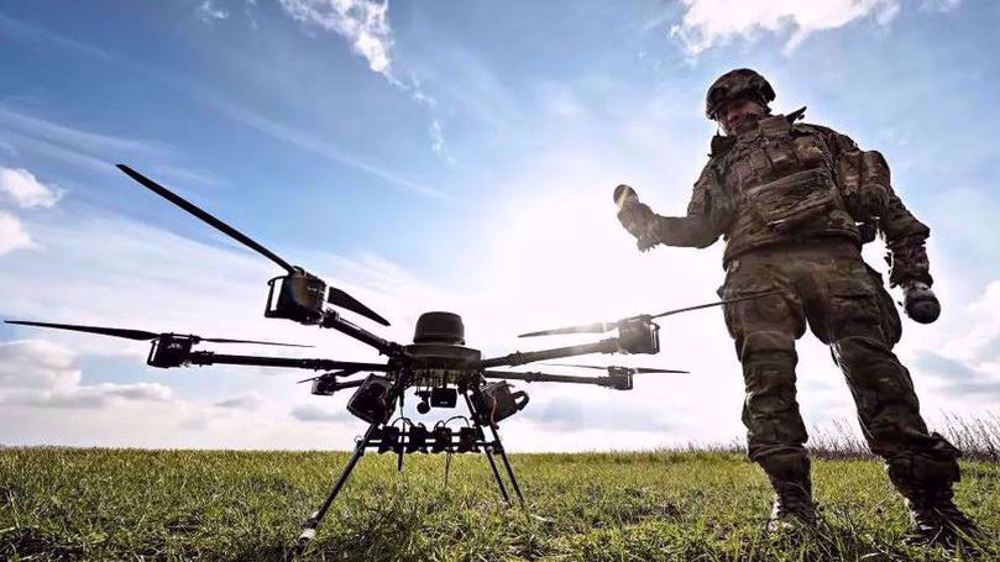
Leaked documents reveal US strategies to prolong Russia-Ukraine war
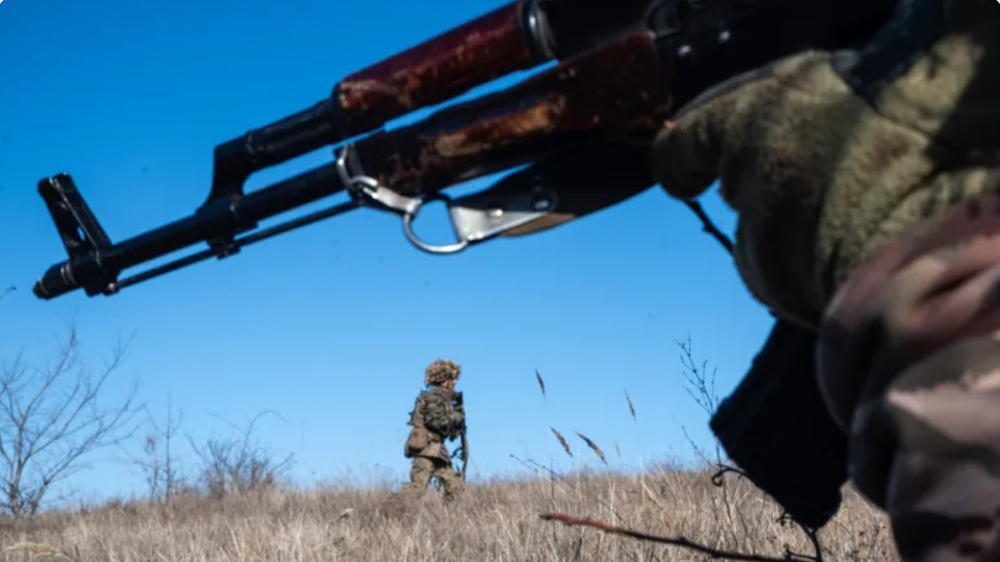
US, Russian officials to meet in Saudi Arabia to discuss Ukraine war: Report
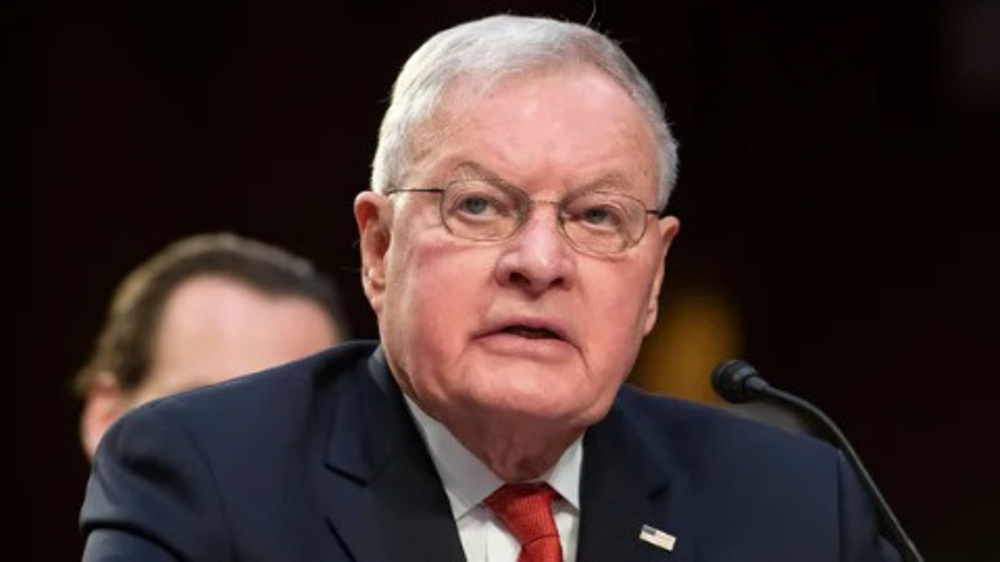
US seeks to ‘break’ Russia-Iran alliance: Envoy
Thousands demonstrate on Presidents’ Day to call Trump 'A Tyrant'
FM: Iran won’t condone language of threats, pressure; maximum pressure doomed to fail
Israeli forces escalate West Bank raids, injure and abduct several Palestinians
Israeli 'brutal crimes' against Palestinian inmates won't go unpunished: Media office
Withdrawal deadline lapses: Israel says troops will stay at 5 key posts in south Lebanon
VIDEO | IRGC commander visits science and technology park in Tehran
VIDEO | Iran’s IRGC conducts more military drills, showcases new combat drones
VIDEO | Press TV's news headlines


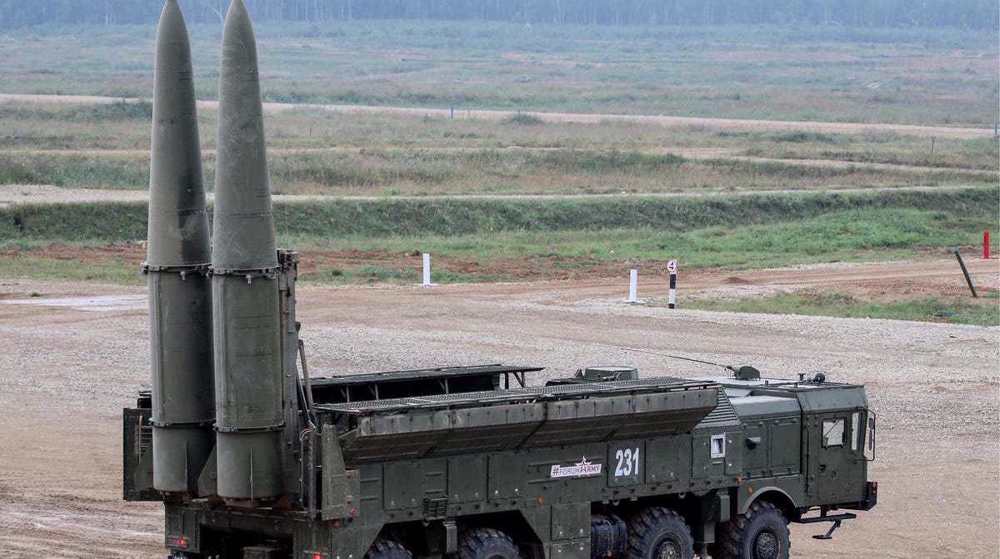
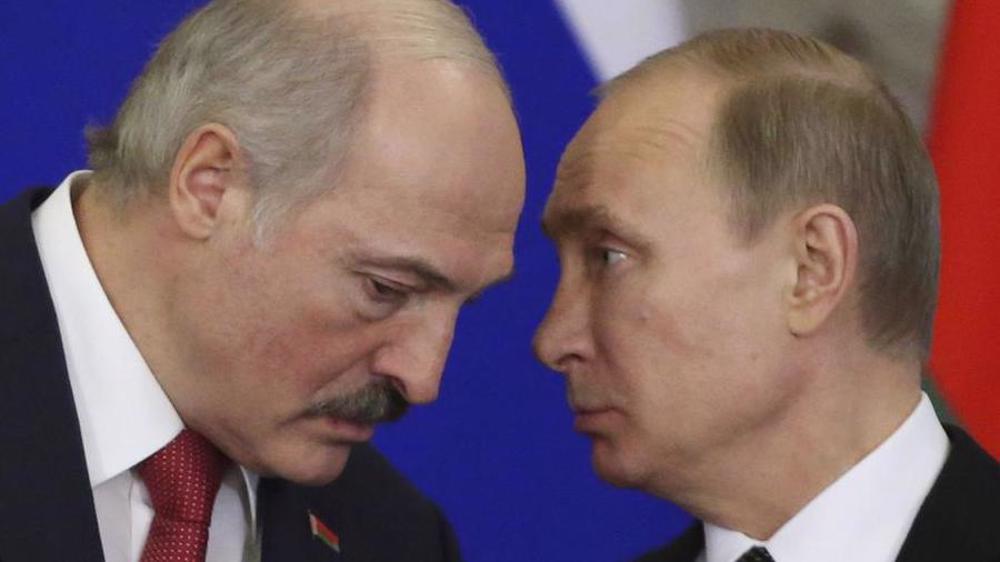




 This makes it easy to access the Press TV website
This makes it easy to access the Press TV website